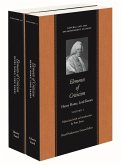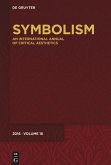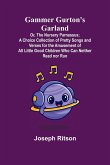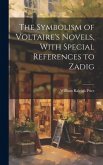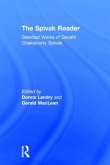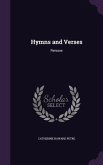William Golding's Lord of the Flies serves as a profound exploration of human nature, particularly the innate depravity of man, shaped by his experiences during World War II. The novel reveals Golding's discovery of humanity's darker impulses, emphasizing his belief that civilization is fragile and easily disrupted. This theme is reflected in the transformation of the boys on the island, showcasing how their descent into savagery reveals the beast within-an allegory for humanity's inherent evil. Golding critiques the changes in civilization, illustrating how quickly societal norms can erode under the influence of unchecked power dynamics. The novel remains relevant in contemporary society, prompting critical reflections on moral behavior in extreme circumstances. Through symbolism and allegory, Lord of the Flies invites readers to confront the complexities of human nature, highlighting the eternal struggle between civilization and savagery while serving as a cautionary tale aboutthe darker aspects of humanity.
Bitte wählen Sie Ihr Anliegen aus.
Rechnungen
Retourenschein anfordern
Bestellstatus
Storno


